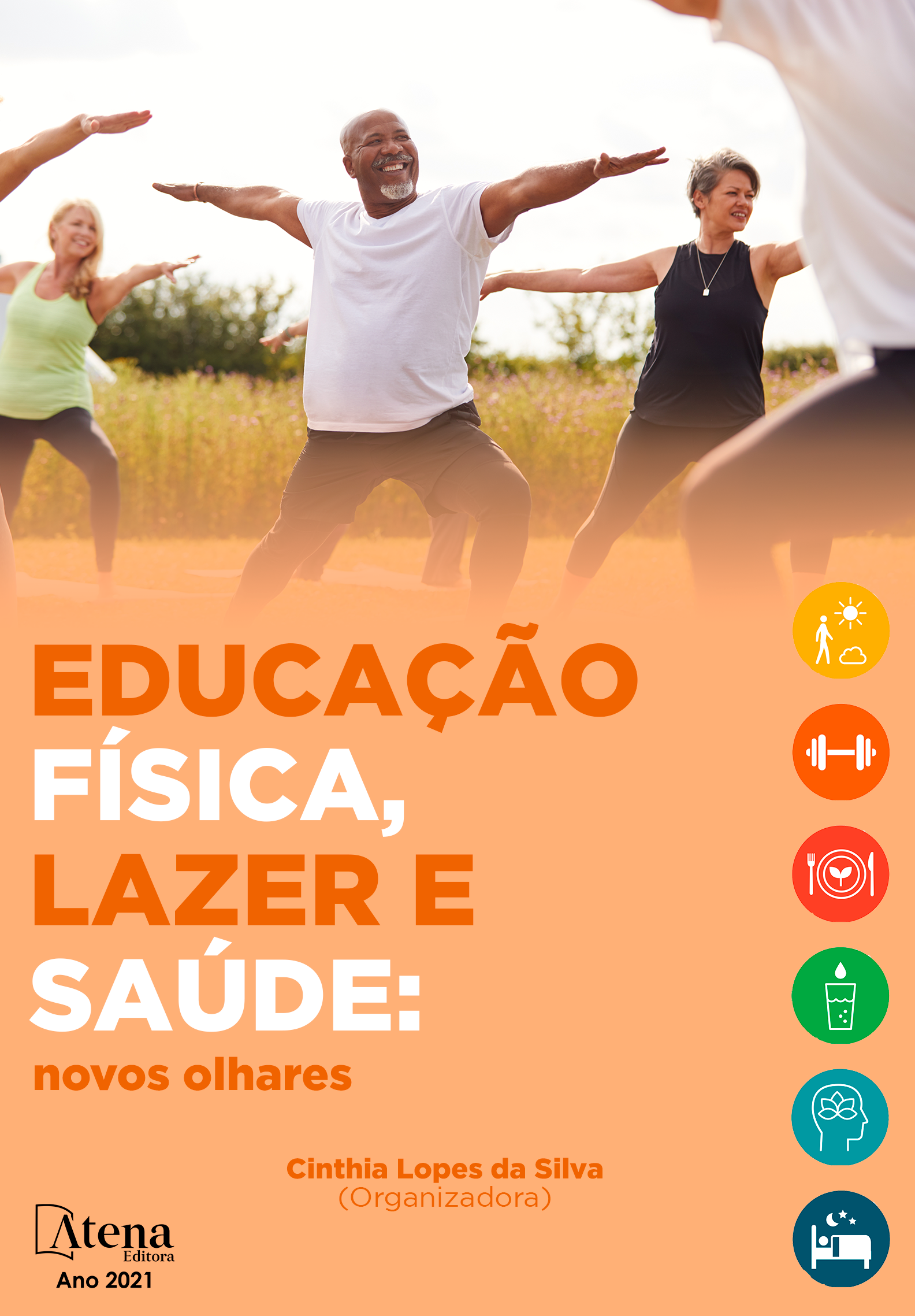
NÍVEL DE FLEXIBILIDADE EM IDOSAS INICIANTES AO PROGRAMA DE EXERCÍCIO FÍSICO MULTICOMPONENTE A PARTIR DO TESTE DE SENTAR E ALCANÇAR DE WELLS
O objetivo do presente estudo foi o de classificar a flexibilidade de idosas participantes de um programa multicomponente. Métodos: Foram participantes 17 idosas com idade ≥ 60 anos. Após a assinatura do termo de consentimento livre e esclarecido (TCLE) as participantes foram submetidas ao TSA. Os resultados foram plotados no software Excell® e média±desvio padrão foram calculados. Os níveis de flexibilidade foram classificados de acordo com os valores de referência para mulheres do Canadian Standardized Test of Fitness (CSTF), bem como os níveis de flexibilidade obtidos nos quatros estudos científicos para comparação. Resultados: A média de distância obtida no TSA realizado pelas idosas no presente estudo foi de 16,94±8,82cm, classificada como “RUIM”, de acordo com a tabela de referência da CSTF. Na comparação da média de flexibilidade obtida no presente estudo com os resultados da flexibilidade (20,5±12,2cm, “RUIM”) de Mendonça et. al. (2006) e (22±5cm, “RUIM”) de Pacheco et al., (2005) observou-se que o presente estudo apresenta a mesma classificação. Já quando os resultados foram comparados com o estudo de Rodrigues et al. (2005), (30,9±6,8cm, “ACIMA DA MÉDIA”) e Silva & Rabelo (2006), (30,2±5,2cm, “MÉDIA”), ambos se mostraram melhor em relação aos resultados do presente estudo. Conclusão: Esses dados sugerem que, com o avanço da idade, o nível de flexibilidade pode reduzir, com níveis semelhantes entre idosas fisicamente ativas e inativas. Faz-se necessário a realização de mais testes comparativos para verificação de possíveis modalidades esportivas ou programas de atividades físicas que proporcionem melhora no desempenho e no aumento da flexibilidade da população de mulheres idosas.
NÍVEL DE FLEXIBILIDADE EM IDOSAS INICIANTES AO PROGRAMA DE EXERCÍCIO FÍSICO MULTICOMPONENTE A PARTIR DO TESTE DE SENTAR E ALCANÇAR DE WELLS
-
DOI: 10.22533/at.ed.2392122116
-
Palavras-chave: Sentar-se e alcançar de Wells; nível de flexibilidade; idosas e exercício multicomponente.
-
Keywords: Sit and Reach for Wells; level of flexibility; elderly and multicomponent exercise
-
Abstract:
The aim: of the present study was to classify the flexibility of elderly women participating in a multicomponent program. Methods: 17 elderly women aged ≥ 60 years participated. After signing the Free and Informed Consent Term (FICF), the participants underwent the TSA. The results were plotted in Excell® software and mean ± standard deviation were calculated. Flexibility levels were classified according to the Canadian Standardized Test of Fitness (CSTF) reference values for women, as well as the flexibility levels obtained in the four scientific studies for comparison. Results: The mean distance obtained in the TSA performed by the elderly women in this study was 16.94±8.82 cm, classified as "BAD", according to the CSTF reference table. When comparing the mean flexibility obtained in the present study with the flexibility results (20.5±12.2cm, “BAD”) by Mendonça et. al. (2006) and (22±5cm, “BAD”) by Pacheco et al., (2005) it was observed that the present study presents the same classification. When the results were compared with the study by Rodrigues et al. (2005), (30.9±6.8cm, “ABOVE AVERAGE”) and Silva & Rabelo (2006), (30.2±5.2cm, “AVERAGE”), both were better in relation to the results of the present study. Conclusion: These data suggest that, with advancing age, the level of flexibility can reduce, with similar levels between physically active and inactive elderly women. It is necessary to carry out more comparative tests to verify possible sports modalities or physical activity programs that provide improved performance and increased flexibility in the population of elderly women.
-
Número de páginas: 12
- Marcos Rodolfo Ramos Paunsknis
- Fábio Rodrigo Ferreira Gomes
- Fabio Amorim Moreno
- Mauricio Pires de Araújo
- Paula Piola Sanches
- Vagner Borges de Souza
- Clóe Celentano
- Celso Luiz Bastos
- Lucas Adenilson Lira
- Raquel Miriane Ferreira
- Carolina Burian Parpinelli
- Frank Shiguemitsu Suzuki


